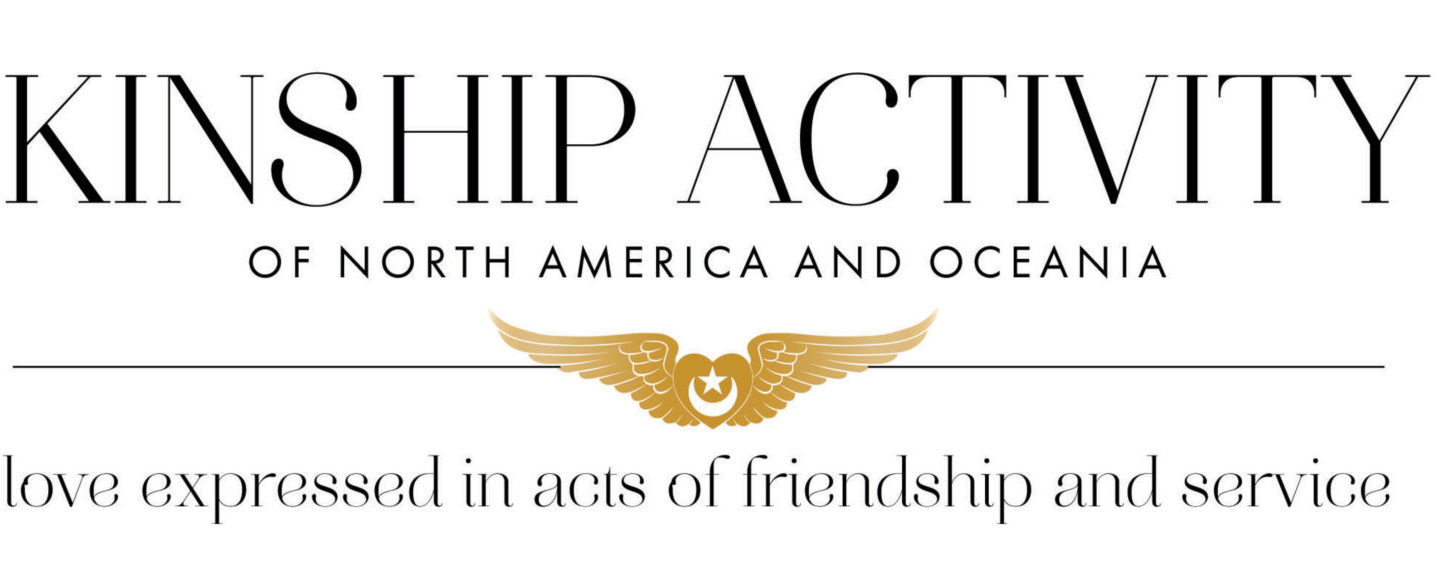Last September the Kinship Activity organized Racial Inquiry Groups to bring together people who were interested in reflecting upon our personal awareness of race, racism and the process of racial acculturation. We utilized some of the contemplative questions and processes developed by the Buddhist teacher, Ruth King, who wrote the book, Mindful of Race. More than 30 people met on a monthly basis with the same small group to establish a community of trust.
During the first trimester the questions and prompts had a personal focus, the second trimester moved to an interpersonal focus and the third trimester shifted to a broader societal/ organizational perspective. One cohort of Racial Inquiry Groups was hosted by Rabia Povich, another cohort was hosted by Sab Bonfonti and Gulrukh Patel. The groups completed their exploration in May, but their individual commitment to addressing racism continues.
The Inquiry groups explored these and other topics:
- Our racial identities and personal histories of race.
- The idea of unearned racial privilege.
- Unconscious bias.
- How systems of racial oppression live in our lives.
- How to talk about race without causing harm.
Here are reflections from two participants in the series:
“Thank you for this great opportunity. These nine months have been inspiring, enlightening and challenging. Little did I know about my white supremacy body, history, and deeply engraved identity as someone born into a white body, culture and religion.
It felt very good and safe to meet in our breakout group, though it sometimes seemed impossible to answer many of the questions about understanding habits of harm, individual and group racial identity, racial group dominance and subordination, hindrances to racial harmony, white privilege, working with racial distress, and being present to systemic racism. We utilized the “RAIN” process to Recognize, Acknowledge, Investigate, and Nurture feelings that arose. I felt that something was working simply by showing up and being present to these themes and issues. Hearing others share about their own experience of racial issues in their families, schools, neighborhoods, communities, and countries helped me understand more about my own historical identity and the deeply internalized ignorance as to racial awareness.
During these 9 months I read a lot, watched movies about racial history and present-day discrimination. I also immersed myself in African culture and cooking, seeking out new ways to meet and interact with people of color. The resources provided before each racial affinity group meeting were very inspiring and educating and helped raise my awareness about racism and how to begin to be more mindful of race, as Dr. Ruth King has so inspired us all with her book.
Thank you Rabia, Sab and Gulrukh for offering this group. My hope is that we will continue this inquiry in the Inyatiyya and help transform and heal the distinctions and differences which divide us.
One thought I have had for a while is to create an Inayatiyya Hospitality Forum that would be working with welcoming new initiates, as well as addressing themes of racial awareness.”
********
“Our group appreciated that the groups were very small, and found that size to be essential for trust, safety and deep sharing. Folks said that 3-5 is a good size or maybe even 4 is the max number (for the time allotted).
We worked well with the format of a rotating timekeeper and of timed sharings, and minimal discussion or ‘crosstalk’.
We also talked about the necessity of having a spiritual component or orientation to this deep work, and we felt lucky to be able to share these groups with co-mureeds.
Trauma and healing came up for discussion multiple times throughout the 9 months, and we consider these topics very relevant to the anti-racist work.”
